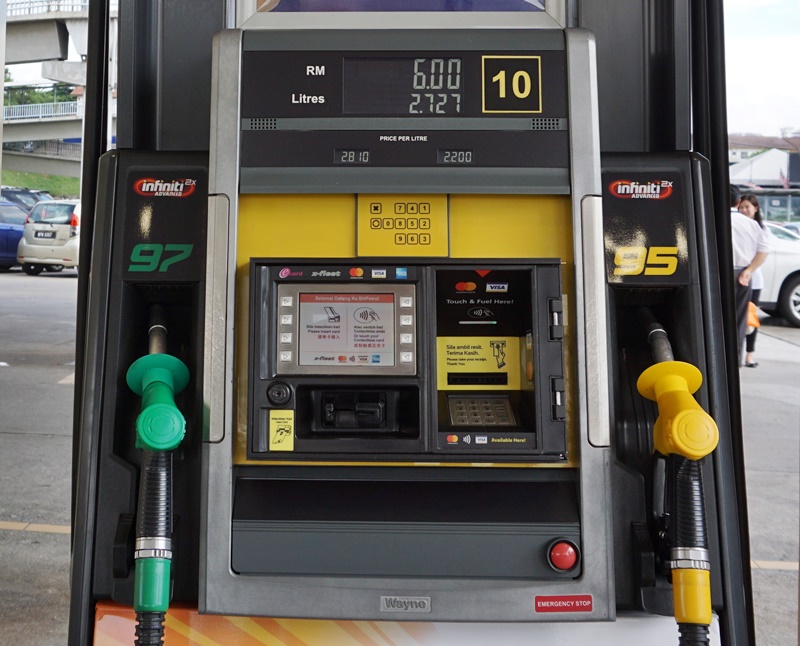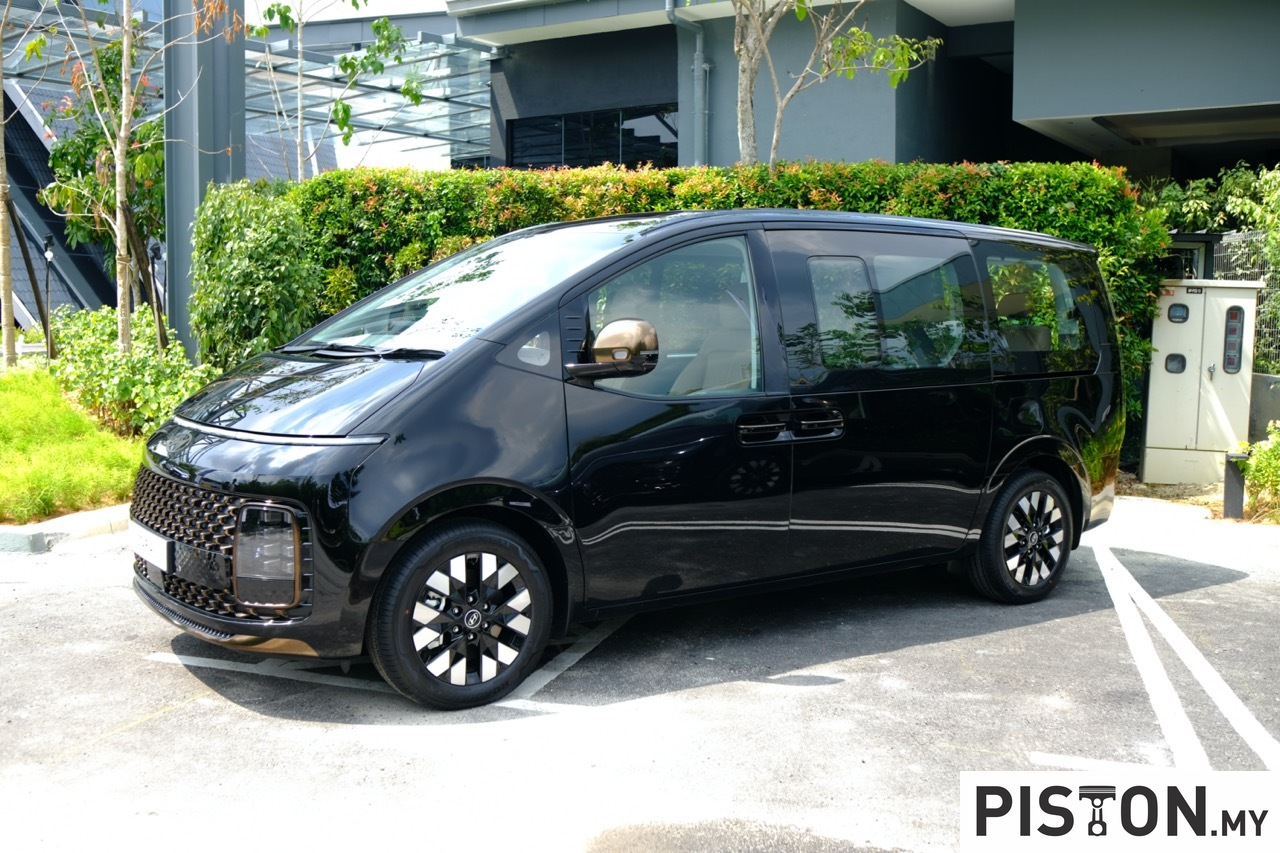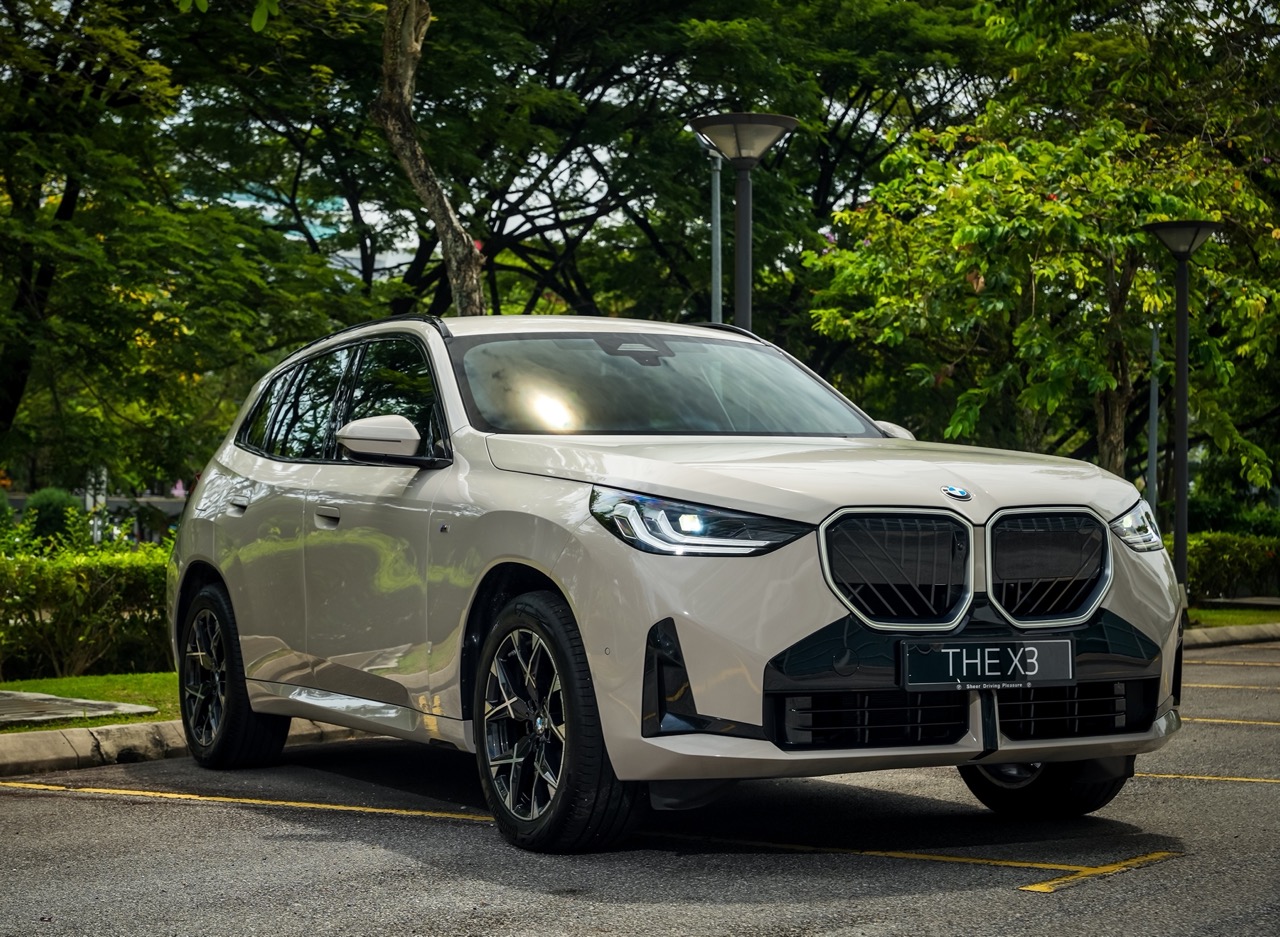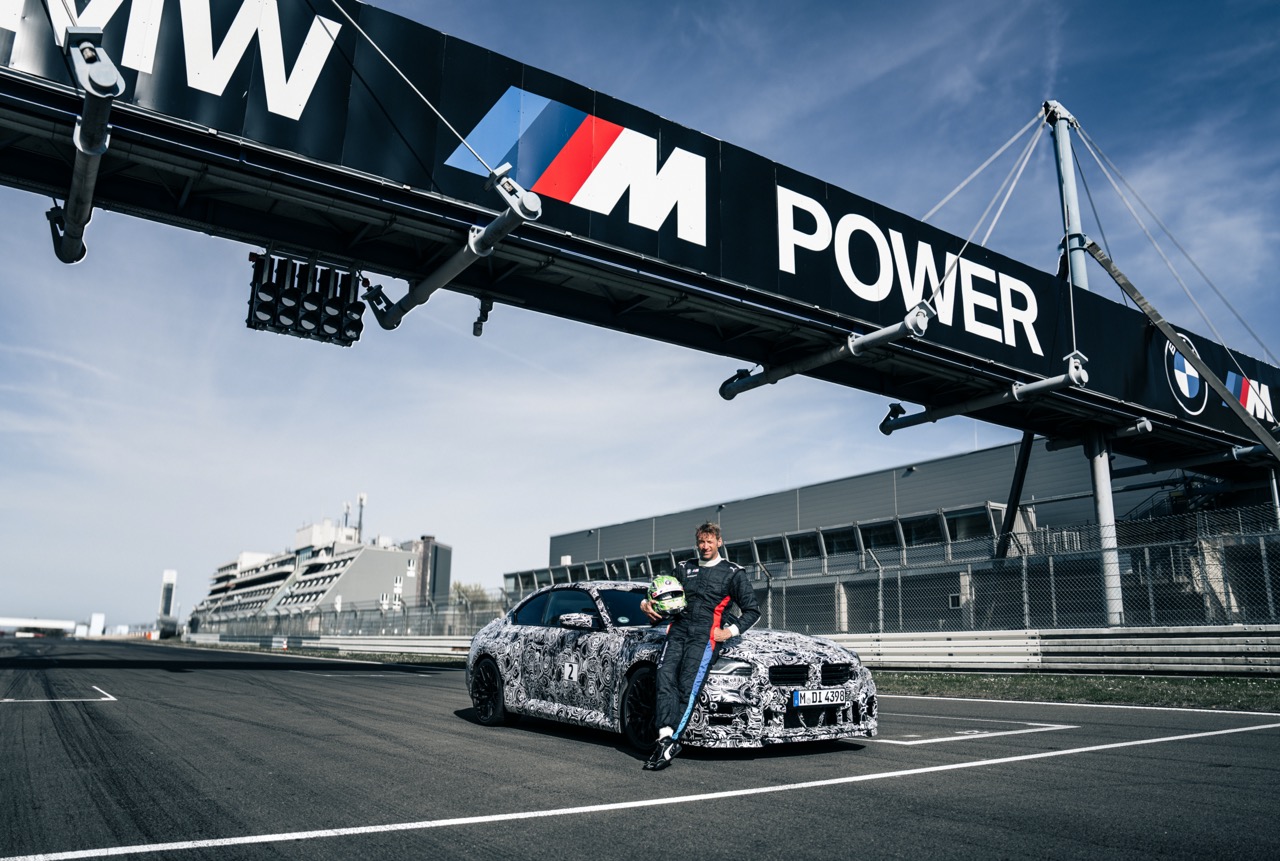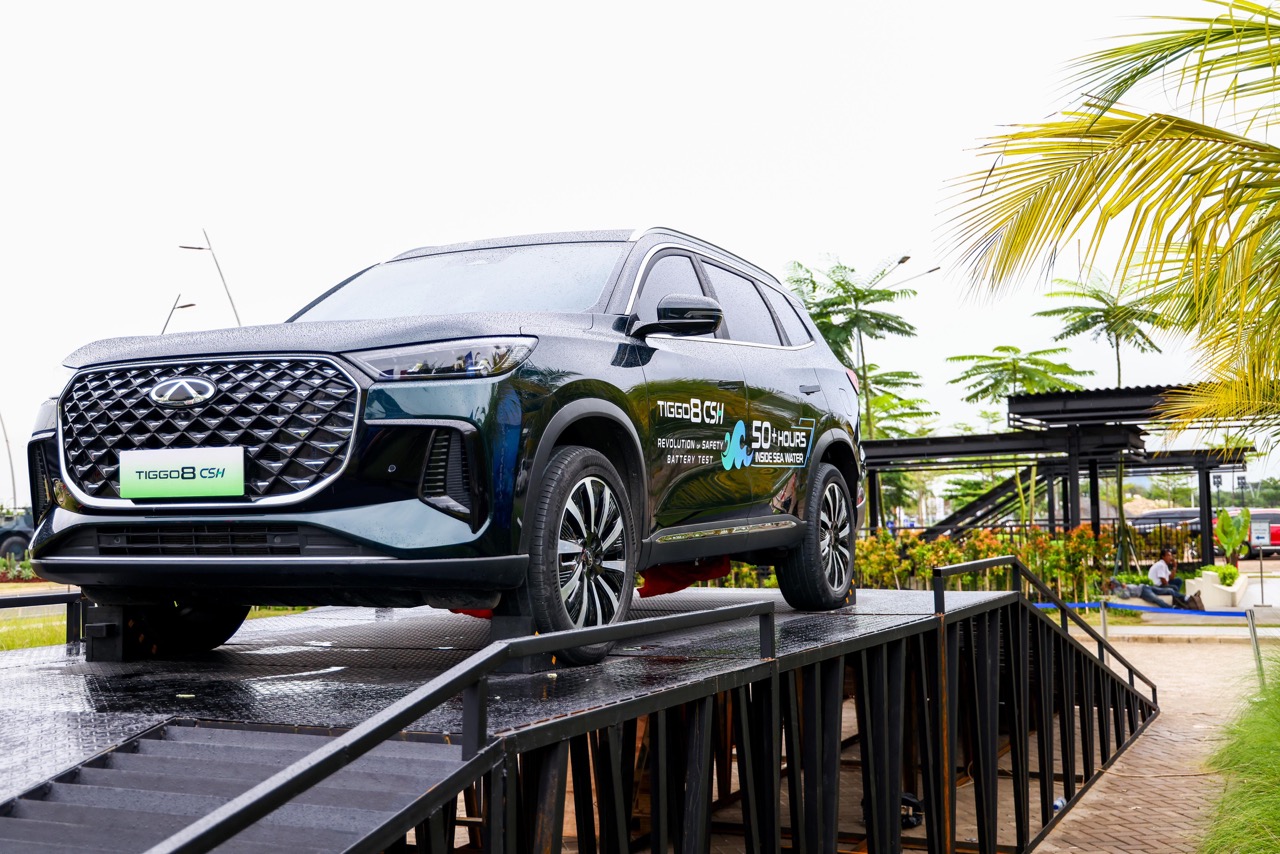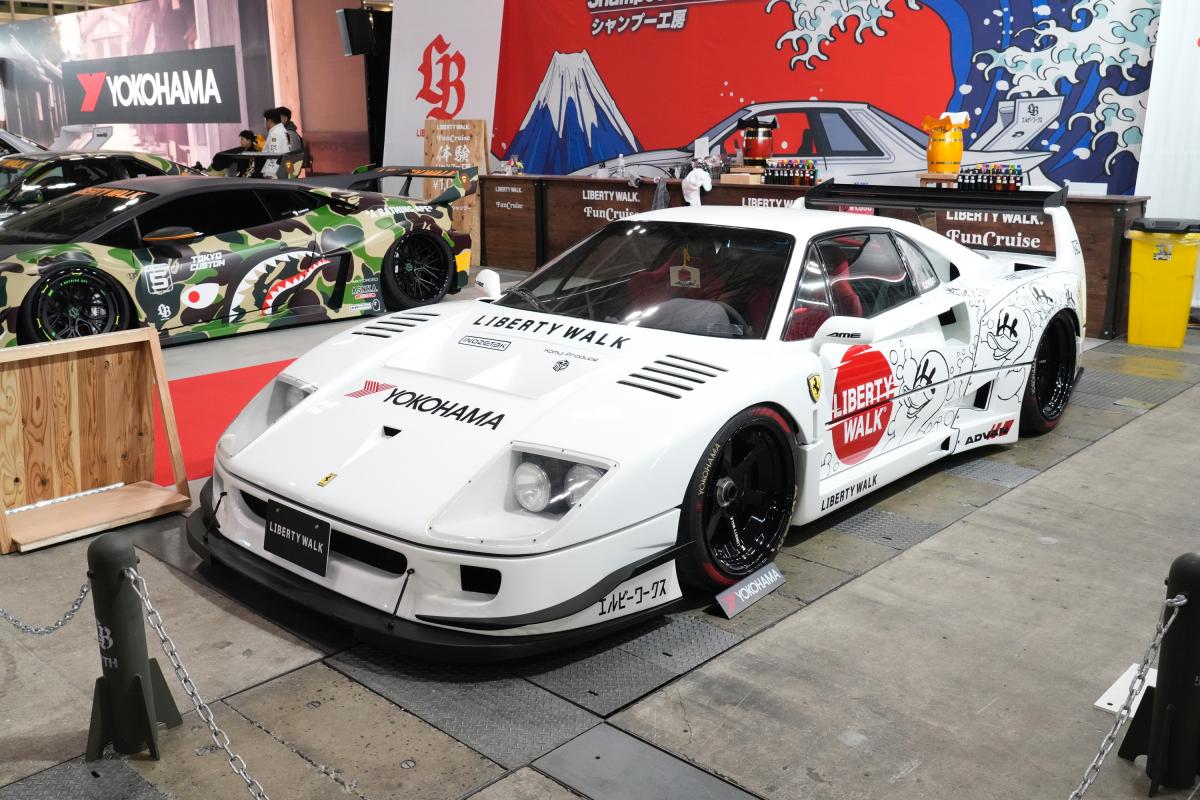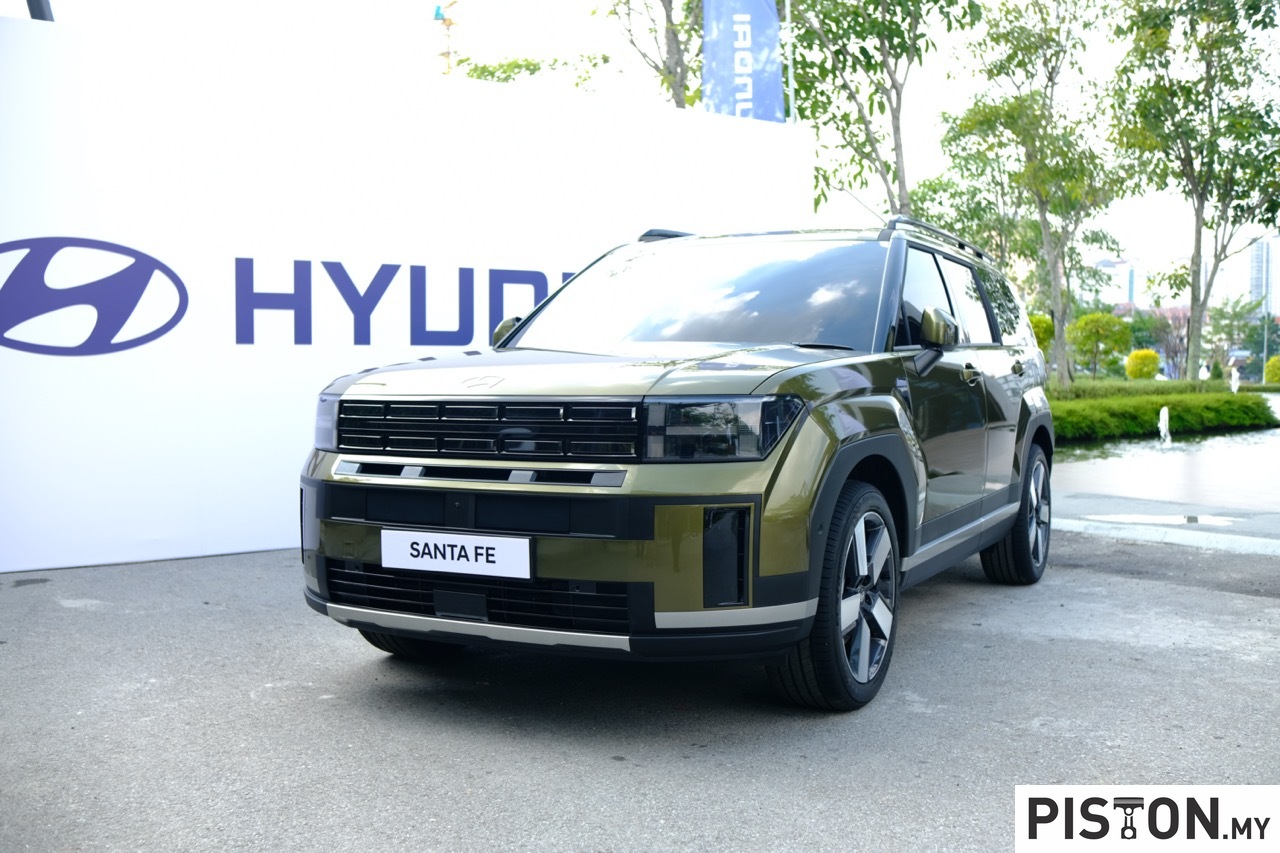Economists are backing a proposal for Malaysia’s RON95 petrol subsidy targeting system, suggesting it could be implemented effectively through a MyKad-based monthly quota system. According to FMT, economist Ahmed Razman Abdul Latiff from Putra Business School noted that this approach, compared to direct cash subsidies, would limit abuse and prevent inflated prices for other goods. He explained that by setting a monthly MyKad quota, users would receive subsidised RON95 fuel up to a certain amount, after which they’d pay the full market rate, thus minimising the misuse of subsidies.
The MyKad system, he said, is reliable due to its security features and can authenticate the user’s identity, with options for biometric verification at petrol stations, reducing the need for a new subsidy system. Ahmed added that cash-based subsidies risk raising food prices, as traders may take advantage of increased consumer spending power.
Barjoyai Bardai from Universiti Sains dan Teknologi Malaysia also endorsed the MyKad-based quota, proposing it be linked to the driver’s license to streamline implementation. He suggested that an initial phase could allow all citizens to benefit from the quota regardless of income, with a sample amount, like RM120 monthly, set as a subsidy cap. Beyond this limit, users would pay the floating price.
Prime Minister Anwar Ibrahim and Economy Minister Rafizi Ramli have both indicated plans to implement the RON95 subsidy targeting next year, with anticipated savings of RM12 billion aimed at expanding welfare benefits. This subsidy model is expected to benefit around 85% of the population while helping the government optimize its resources.



